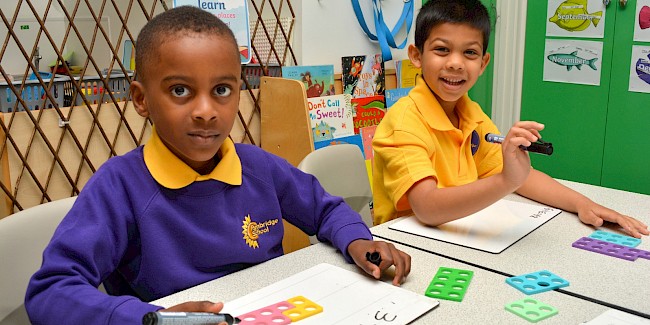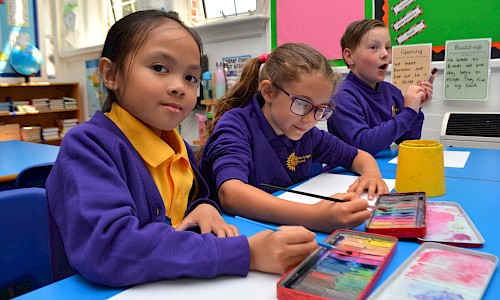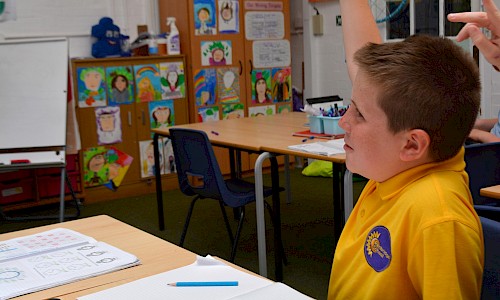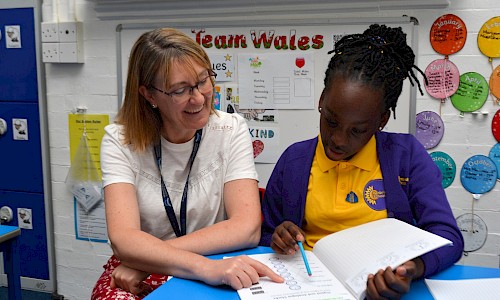During their time with us at Penbridge, we intend that children will:
‘Thinking and Learning'
At Penbridge Schools we want children to be successful learners and develop a lifelong love of learning. We teach the skills they need to be effective learners and the language they need to express how they can become successful across all areas of the curriculum. We use a range of thinking maps, hats and keys to support children to make links between their learning.
We want to make learning irresistible so that all children come to school every day happy and eager to learn. We know that children are naturally inquisitive and we aim to develop this curiosity by providing a curriculum that engages and excites but also provides challenge at the correct level.



